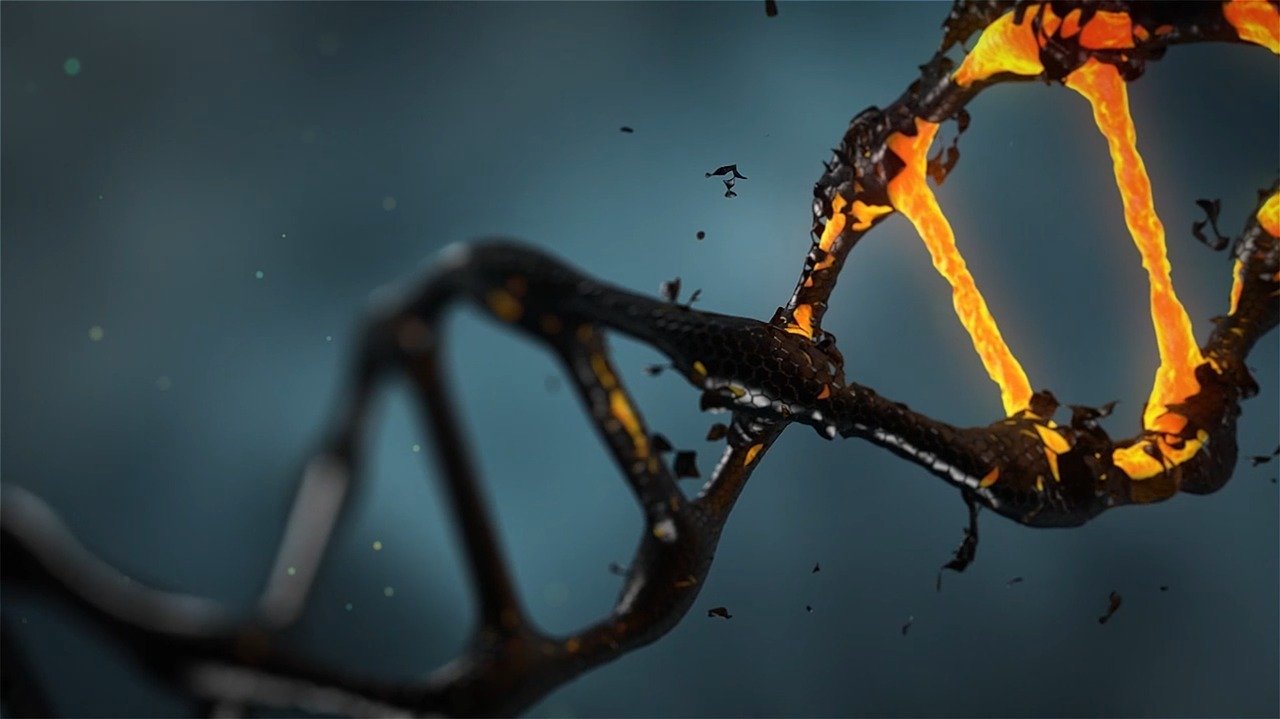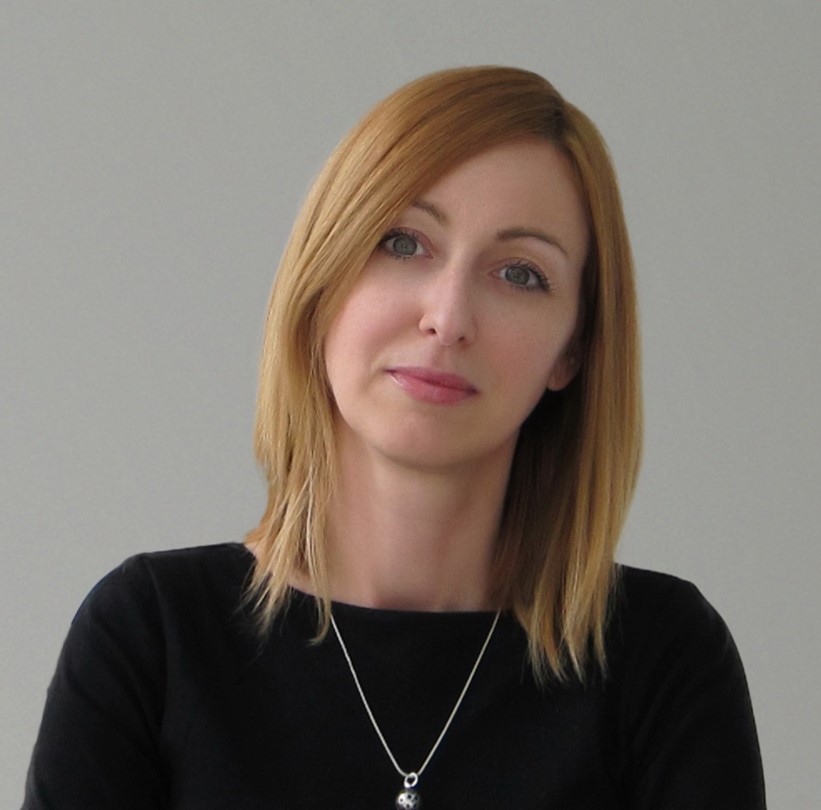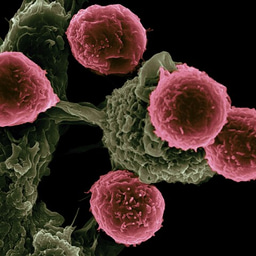Molecular targets for anti-aging interventions│September 26 – October 1, 2022│Spetses

Tell us a bit about yourself

I am an Assistant Professor at the Institute of Biological Research "Sinisa Stankovic" at the University of Belgrade, Serbia. For the last 16 years I have been studying the aging brain and changes in synaptic plasticity, as well as different dietary interventions as a potential approach to delayed age-related decline. Recently, I started changing my focus a little, moving it from basic aging mechanisms to more general topics like public health, health span, and frailty status.
What drew you to aging research?
There is no field of biological science that better reflects the human fight against death and a human wish for being immortal than the aging field does. I was fascinated with the first ground-breaking studies that identified lifespan-regulating genes and showed it is possible to extend lifespan tremendously. What we learned afterwards is that increased lifespan does not mean necessarily increased health span. Finding ways to prolong both is the ultimate issue for me. In addition, I always have the feeling that the mechanisms of aging – all the signalling pathways that hide the secret of longevity – are also those that hide the secrets and cures for many diseases. Resolving aging would solve many other issues.
What do you expect to be some of the hot topics at the event?
For that you have to come to Spetses to find out! Joke apart, in this course we will start from the fundamentals, covering basic molecular mechanisms driving the aging progression, to the "old” and new anti-aging interventions. The course will include lectures on fundamental biological principles and basic signalling pathways involved in the aging process and age-related diseases, like cholesterol metabolism, cytochrome C pathway, proteolysis, and genomic stability, damage and repair. Although well known, these pathways are still under constant examination and with every new paper that appears we find out something new. We will talk about current biomarkers of aging and how it is essential to define them fully and reliably. Geroprotectors are always a hot topic. In 2019, results of the first in-human trial of senolytics appeared, showing that senolytics could represent really a breakthrough in how we treat age-related diseases; we will cover this topic also.
What led you to organize this event?
In August 2003, as a young PhD student I participated in the FEBS summer school “Molecular mechanisms in homeostasis and disease” on Spetses, for the very first time. At that time, all the students were situated at the old Anargyrios school and we also had lectures there. I cannot describe fully and properly, even now, almost 17 years after, the scientific enthusiasm, good spirit and the friendship that characterized that FEBS course. To me, Spetses island was a paradise, and the concept of the school was simply perfect: experts in the field together with selected PhD students and postdocs, in a friendly and relaxed but still professional atmosphere, with daily lectures and free afternoons on the beach, followed by scientific informal discussions and tutorial dinners with professors – all of that made such a strong impression on me that I promised to myself I would come back to Spetses. And I did. I participated again in 2010 as a postdoc, then in 2016 as a participant, and finally I applied to organize a FEBS course. And I got it; I was really shaking when I read the notification letter from FEBS saying my application was approved!
Why is your course needed?
The aging field changes rapidly. A few decades ago, aging research had one goal: it was a fight against death, and the wish to prolong the lifespan was above all. Today it is more a fight for healthy aging than a fight against aging. With an ever-growing proportion of the elderly in the population, there is an immense pressure to identify strategies to prevent or delay age-associated frailty and disease. This is also an imperative from an economic point of view. We know a lot about the aging process, we know all the basic mechanisms of aging, we have developed many interventions capable of postponing aging and age-related disease – but still we age, and we age faster than we would like. Will we ever find a cure for aging and escape death to become immortal? Should we start fighting aging from the moment we are born? This event will try to give answers to such questions.
What's special about your event?
The event will bring together experts who study basic aging mechanisms, and experts whose main work is targeted against aging. Let's learn from each other – who knows what genius idea could be born, here in beautiful Greece where time stands still and where people live long… and happily!
Apart from classical lectures, covering the main topic of the course, we will have two roundtable discussions and a few tutorials. The roundtable discussions will be dedicated to women in science and to science in Eastern and Western Europe. We would like to discuss what it is like being a woman in science today, and what is the difference working in science in the UK for example and in Serbia. How do women with an important function in a big organization like IUBMB or FEBS find their role? We will have Prof. Alexandra Newton, who is the president-elect of the IUBMB Executive Committee; Prof. Beata Vertessy, Chair of the FEBS Advanced Courses Committee; Prof. Ilaria Bellantuono, Director of the HELSI Institute in the UK; Dr Anne-Ulrike Trendelenburg, who works in Novartis; and there is me, Aleksandra Mladenovic, a Serbian female scientist who was successful in a pretty harsh competition for hosting a FEBS event. There are many things young people can learn from us. And we are very much ready to share our knowledge and experience. Although we will put a lot of emphasis on the position of women in science, we welcome very much and encourage our male colleagues to take part in these discussions and to share their opinions.
Tutorials will cover topics that are always useful: how to give a good oral presentation, how to write a good CV, how to survive a peer-review process. We will really have the experts with us: editors-in-chief and associate editors from two old and respected journals from the aging field; and scientists who work in both academia and industry – we will discuss what a good CV means in academia, and how your CV should look if you want to work in industry.
Poster sessions will receive special attention since this is the best way for the young scientists to present their own work, to seek helpful discussions and suggestions, and to establish collaborations not only with the senior scientists but with their younger colleagues as well. The best posters will be selected for oral presentations, thus giving the opportunity to young participants to present their work in detail and to experience and practise giving a short lecture.
We will strongly encourage interaction between young scientists and the experts. All the participants will be situated together at the excellent Spetses hotel, dining together, having breaks together, and spending free time together; thus there will be plenty of opportunities for informal discussions. Above all, we want to make bridges between participants, and new collaborations and synergies to be generated from this event.
What makes a successful event in your eyes?
A successful meeting is one when an interaction between all the participants, both lecturers and the audience, exists. Success is when everyone goes home with a feeling that they learned something new, that they have gained something, and especially when people have a feeling that, when the event finishes, it is not the end, but the beginning – the beginning of a new collaboration or the beginning of a new idea inspired by the event. A success is when people would like to participate again, like I have done regarding FEBS Spetses summer courses since 2003.
I hope this story of mine will inspire some young people to apply for the course and to come to Spetses, and I am certain that in return Spetses and the course will be inspiring for their further work, as it was for me.
More information on the event:
Joint IUBMB/FEBS Advanced Lecture Course on
Molecular targets for anti-aging interventions (MoTAI)
Spetses Island, Greece
September 26 – October 1, 2022
antiaging2022.febsevents.org
This post was last updated on 16 Nov 2021 to give new dates (postponement due to the COVID-19 pandemic).
Top image of post by lisichik from Pixabay





Join the FEBS Network today
Joining the FEBS Network’s molecular life sciences community enables you to access special content on the site, present your profile, 'follow' contributors, 'comment' on and 'like' content, post your own content, and set up a tailored email digest for updates.